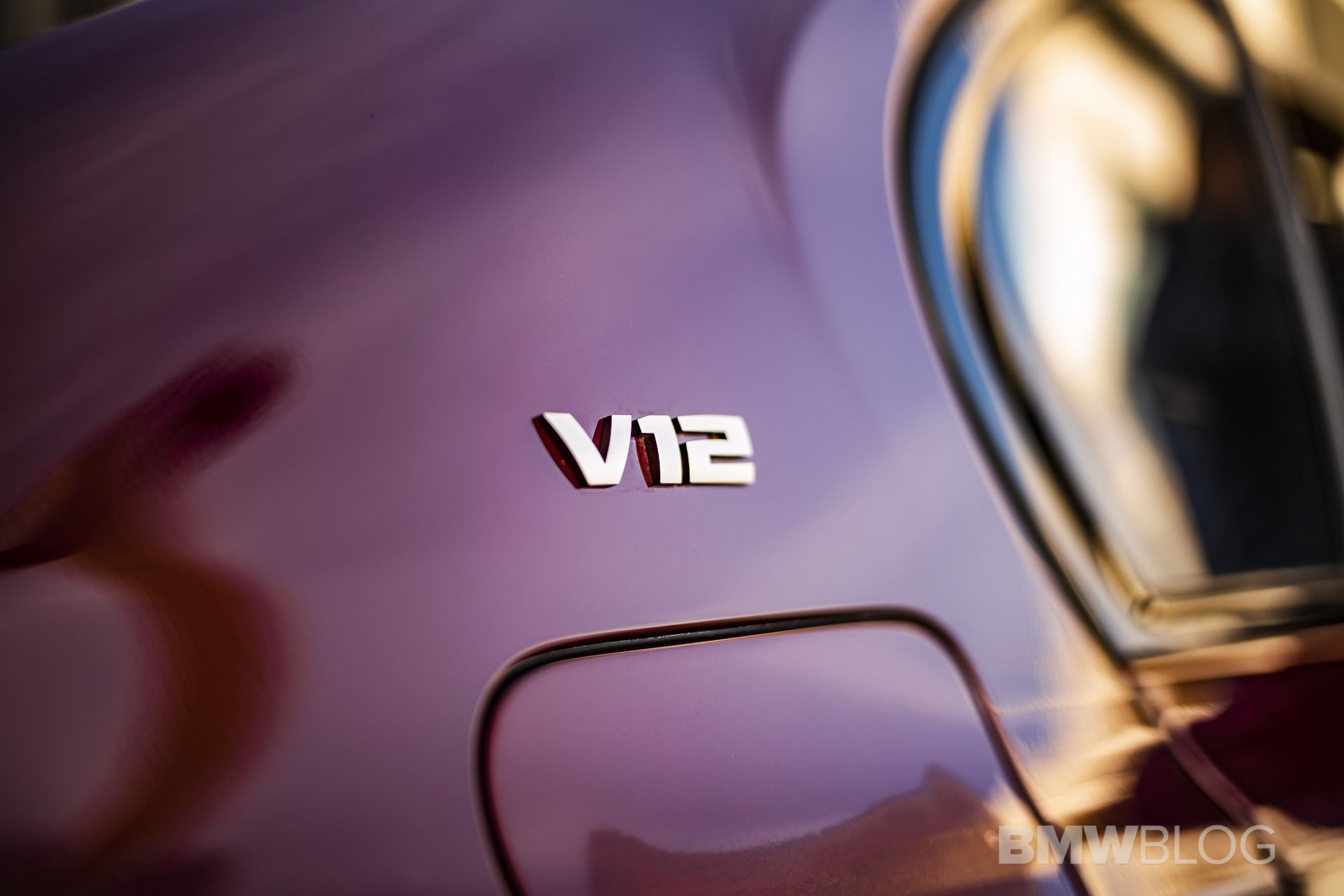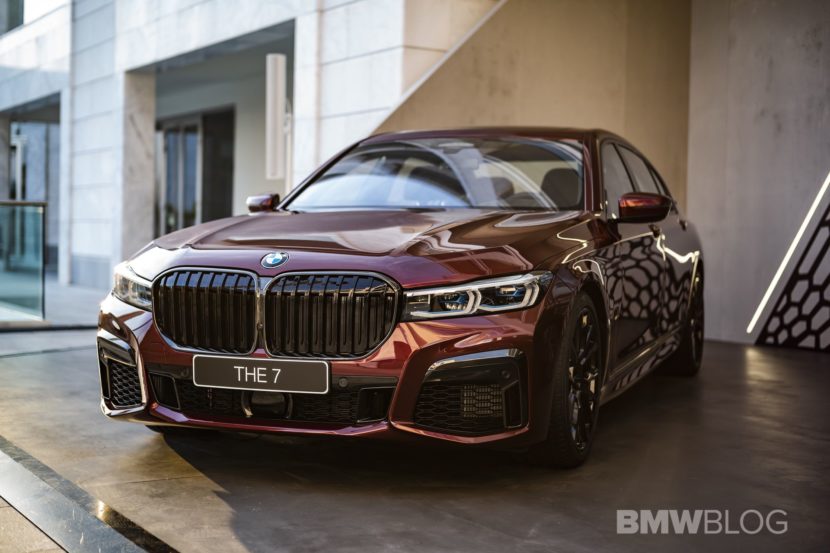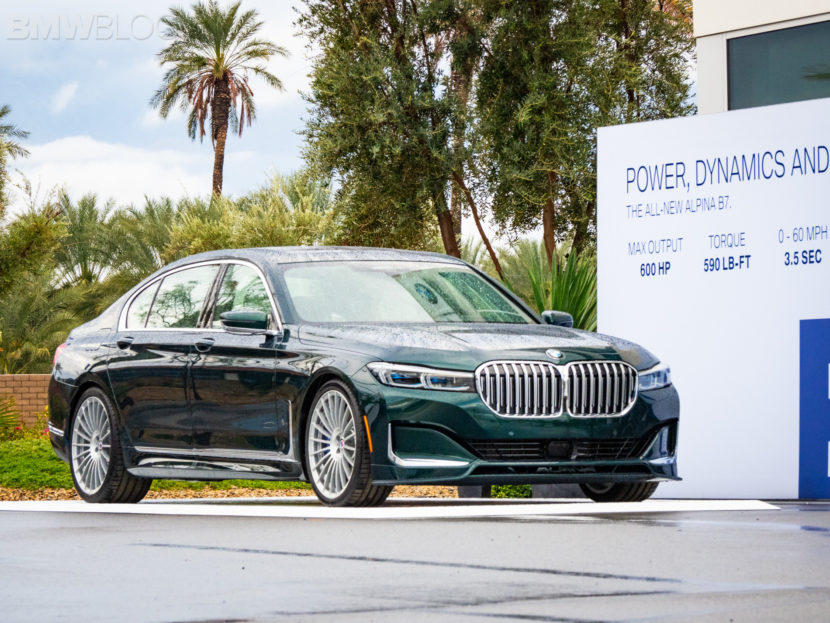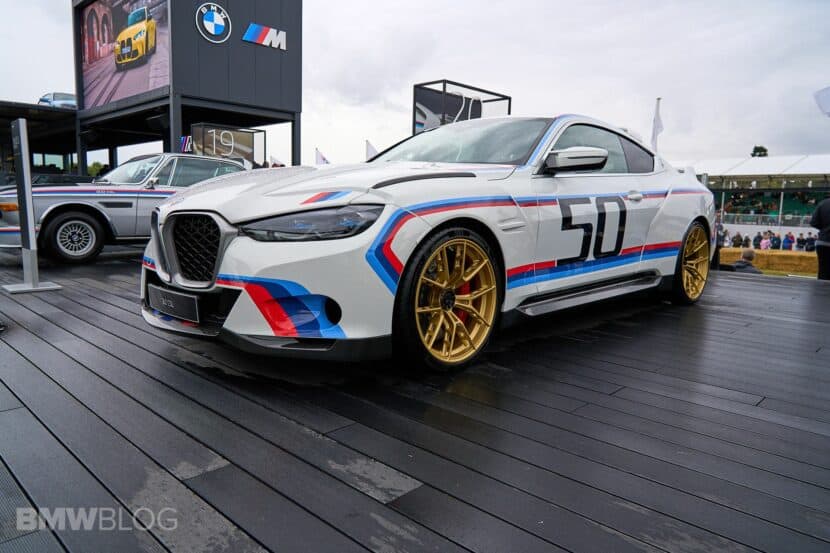For many enthusiasts, there really is no replacement for displacement. The bigger the engine, the better for those folks. It’s an especially common sentiment in America, where big block Corvettes and Challenger Hellcats are deified. It’s no secret, though, that big engines are going the way of the Dodo, as stricter emissions regulations and the browning of polar bears are making automakers downsize and either turbocharge or electrify their engines. However, BMW has recently stated that its big V12 might stick around longer than many enthusiasts and pundits might think. Should it, though?
I’m going to be the automotive contrarian here but I don’t think we need the BMW V12 anymore and it shouldn’t be kept alive longer than it has to be. I’m also of the belief that BMW shouldn’t force the matter once emissions restrictions get too difficult to keep it around. This may sound like heresy to many enthusiasts, who as we speak are threatening to take my petrol-head ID Card away, but hear me out.
The V12 engine is great and I love it as much as the next enthusiast. In fact, I’m also of the belief that all car enthusiasts should drive a V12 at least once in their life, as a good twelve-pot is truly something special to use. Having said that, the BMW V12 currently used in cars like the BMW M760Li won’t be missed for long.
That’s because the 6.6 liter twin-turbo V12 in that car, while sublime in its own right, isn’t irreplaceable in terms of experience. Sure, it’s incredibly powerful and can launch the big, heavy 7 Series to 60 mph in a time that borders supercar territory, while also remarkably smooth and quiet. But here’s the thing: a well-tuned V8 can do the same thing, especially if it’s paired with an electric motor.
ALPINA has proven that it can make a 4.4 liter twin-turbocharged BMW V8 just as explosively powerful, if not more so, than BMW’s V12. All while being every bit as creamy and smooth. Take the ALPINA B7, which uses said V8, compared to the M760Li. The ALPINA is quicker, more explosive, more fun to drive and more exciting, without sacrificing any luxury or premium feeling. So in a post-BMW V12 world, we won’t actually miss it as much as many fans might think because, functionally, there’s little difference between it and a good V8. The only sadness will be from nostalgia.
Don’t get me wrong, there still should be a place for V12s in the automotive world. But more special, exciting V12s like the free-breathing, flat-plane crank unit found in the Ferrari 812 Superfast. That engine is a glorious masterpiece that deserves to be immortalized in a fresco in the Sistine Chapel. The BMW V12? As good as it is, it’s not that sort of engine. It’s more of a smooth talker, designed to be effortless, quiet and creamy.
You know what else can be effortless, quiet and creamy? An electric motor. Slap a couple of those bad boys in a 7 Series and you’ll have a luxury experience beyond what a V12 can provide. Sure, an electric or hybrid 7er might not be as glorious or romantic as a V12-powered one but the actual experience itself will actually be more luxurious.
So while I’ll of course miss any V12 that goes extinct, I don’t think BMW should keep its 6.6 liter unit alive for any longer than it has to.








































































